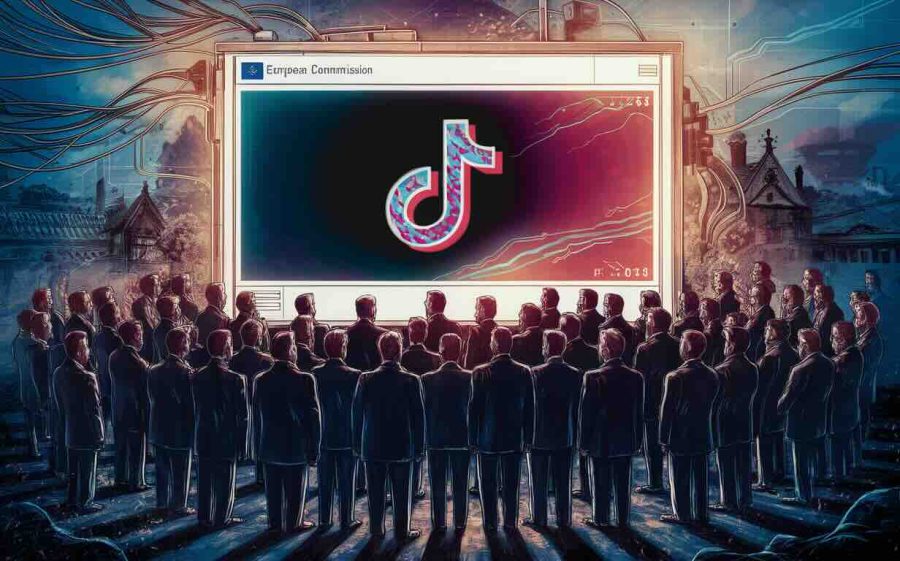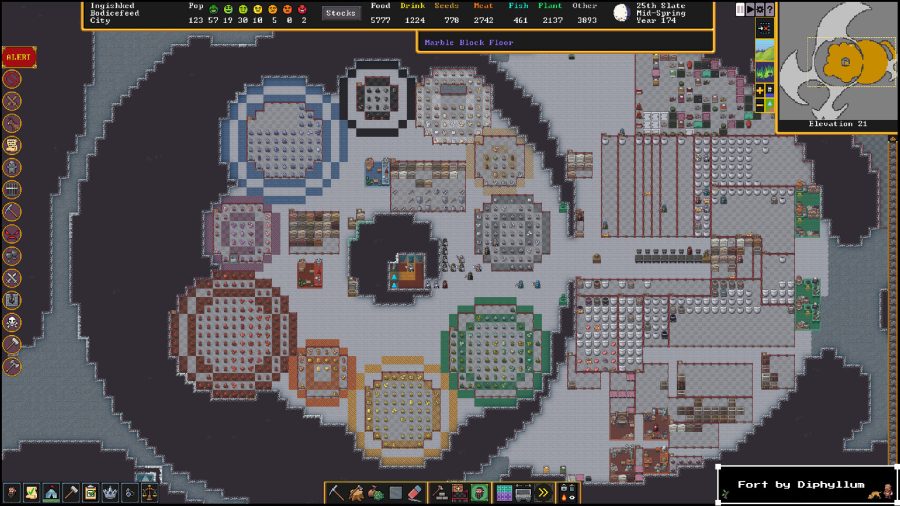OK, this isn’t working anymore. Too many people either don’t have a job or the ones that do are predominantly dissatisfied. We’ve been talking about networked organisations and distributed work for decades, but productivity gains have been dim the past ten years. Everything worked just well enough to not think about structural changes. We tried to apply collaboration and fancy search platforms like new paint on a crumbling house that could be fixed.

But because neither renovation nor innovation did catch up at the speed of our economic development, we crashed. And that’s, like with every disrupting event, a tremendous opportunity. It forces us to rethink, because it pushes us beyond the tipping point we tried to avoid for so long.
Bruno is a European-born entrepreneur currently busy building a simple marketplace for professional services, work|i|o. His previous company developed algorithmic strategies for startups and global companies like McKinsey, Deutsche Telecom or Daimler.
Here’s how it could work.
Currently the not perfectly labelled crowdsourcing is associated with the negative touch of cheap designer specwork and lowest possible labour costs. Despite even that working very well commercially, the real potential will show itself in the next iterations of this trend:
The reason we have company structures and processes, and by now organizations that are being deemed not only too big to fail but also too big to run, is that it was the most efficient way since the industrial revolution. Hiring, training and retaining employees for the assembly line is certainly more effective than trying to build cars with different people each day.
But the web, just like with the music industry, accounting and even your x-ray exams, could do something remarkable to white collar work itself: Making it portable. And turn the whole system upside down. It’s now way less complex to tell people who you are and what you need than to tell them what to do. There are tons of people out there who know exactly what they’re doing in their respective field. Smart people who even understand your most complex needs.
But the web, just like with the music industry, accounting and even your x-ray exams, could do something remarkable to white collar work itself: Making it portable. And turn the whole system upside down.
So why again is the relationship revolving around permanent affiliation, and not expertise? Why do companies stovepipe ever increasing complexity into the same static workforce? And why do people stick to jobs that only allow them to do what they really like and are all about in some fraction of their time spent in these jobs?
Using the web to describe whats needed and thus making work more liquid could launch an exceptional shift in how we work: Imagine being able to have the right talent at your fingertips, no matter what the tasks are about today. Or were yesterday. And will be tomorrow.
Imagine being able to design your day, every day: A Twitter style timeline containing work units that are customized to your real interests, expertise and aspirations, aggregated from sources and services around the world.
CrowdConf2011, the industry meeting this week in San Francisco, and the next wave of startups that work to advance those first steps into new areas are capable of changing the way we work forever, to a better. It may be a rough ride with some wrong turns. But I’m fully convinced and confident that whats lurking in there will benefit us all. Welcome to the journey, it has just begun.
Globe photo by James Halliday










